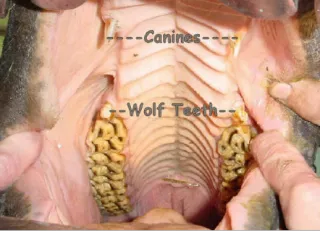Welcome to
Circle K Farms
Training FAQs
The Most Commonly Asked Questions
How do I inquire about having my horse trained?
Please visit the Forms section of our website. You will need to fill out and submit the Training Intake questionnaire. Once submitted you will hear back from Sam as soon as possible.
How many days a week will my horse be ridden?
Your horse will be rode at least five days a week, sometimes six.
How long will my horse be worked each day?
How long depends on the horse, their age, how much they can handle and what they are in training for. The average riding time is one hour a day.
How often and what will my horse be fed?
Horses are fed twice a day, all the orchard/timothy grass hay they can eat and the grain used depends on what you currently feed. They will also receive 3lbs of alfalfa pellets a day, 2oz. of grass pasture minerals from total feed and have access to salt.
Where will my horse be kept when not being worked?
Horses are kept in stalls in the barn and are rotated into the turn out pens (weather permitting) All horses have turnout or exercise everyday.
What is included with the training price?
Training a minimum of five days a week, hay, grain, stall, turnout, and one free one hour lesson, are all included in the training price. Farrier, Dental and Veterinary care is not included with the training price.
My horse is on supplements, If I provide them will you continue to give them?
Depending on what supplement your horse is on and why they can continue to receive them if you provide them. With the exception of any calming supplements. I will not train horses on any calming supplements.
What are equine wolf teeth?
To read more about equine wolf teeth and why we recommend they be removed you can read a great article about them Here

What is a Equine Disease Panel Test?
Panel test bundles together several tests for genetic diseases found in the American Quarter Horse and related breeds. Some of which can interfere with the training process and the horses ability to preform. We recommend the 6-panel test that can be purchased through UC Davis Veterinary Genetics Laboratory. It Includes test results for PSSM1, MYHM, HERDA, MH, HYPP and GBED. If you are unfamiliar with any of the mentioned equine genetic diseases there is also a lot of great information available on their website about each one.
© Circle K Farms 2024